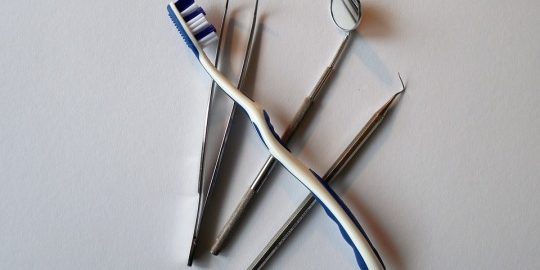Enzymatic cleaners, commonly found in dental practices, are popular because of their ability to break down soils, stains, proteins and other debris with the use of natural enzymes. But have you ever wondered why they work so well? Here are some bitesize facts about enzymes and enzymatic cleaners you may not already know:
- Enzymes are responsible for many essential biochemical reactions in microorganisms, plants, animals, as well as human beings, and as such are crucial to life processes.
- Enzymes are biological catalysts. There are optimum temperatures, pH values and combinations with other chemical ingredients at which their activity is greatest.
- Enzymes help to speed up chemical reactions, giving them their valid reputation for being efficient cleaners.
- The 1960s saw a new generation of enzymatic cleaners. When used in commercial laundry detergents, the addition of enzymes increased the capability of detergent to clean clothes. It wasn’t until much later that enzymatic detergent cleaners became available for dental facilities.
- There are thousands of enzymes involved in everything from the cellular processes in our bodies to the decomposition of our rubbish, but enzyme cleaners are made using a few specific enzymes that break down biological substances such as fats, oils, proteins and starches.
- When used as part of the cleaning process, enzymes effectively reduce the need for more aggressive chemical ingredients in instrument reprocessing, reducing the environmental impact.
- Along with environmental considerations there is a growing demand for cleaning products that are pH neutral and alcohol free, as these are widely perceived as being less aggressive both to the materials and surfaces they are cleaning, as well as to the people that are using them.
- Dentizyme is a low-foaming, pH neutral enzymatic detergent for manual and ultrasonic instrument cleaning.







